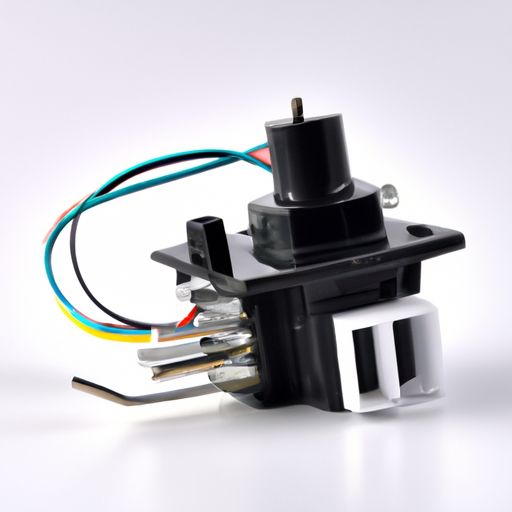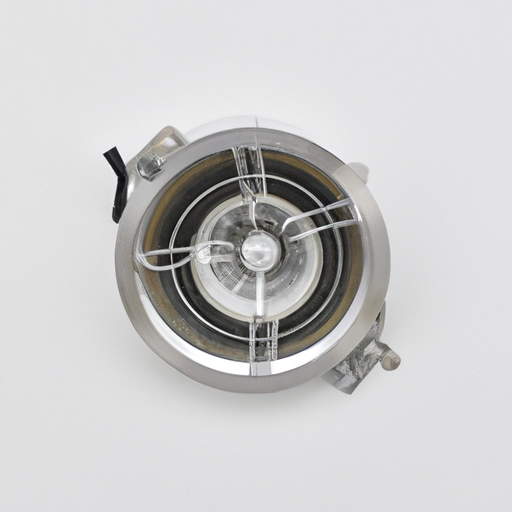Common Types of 20W Car Series
I. Introduction
In the world of automotive engineering, understanding the specifications and requirements of vehicles is crucial for both performance and longevity. One such specification that often comes up is the "20W" designation, particularly in relation to engine oil. This blog post aims to explore the common types of vehicles that utilize 20W oil, the characteristics of these vehicles, and the benefits of using this specific oil type. By the end of this article, readers will have a clearer understanding of the 20W car series and how it impacts vehicle performance.
II. Understanding 20W Car Series
A. Explanation of "20W" in Automotive Context
The term "20W" refers to a specific viscosity rating of engine oil, as defined by the Society of Automotive Engineers (SAE). The "20" indicates the oil's viscosity at operating temperature, while the "W" stands for "winter," signifying that the oil is suitable for colder temperatures. This means that 20W oil maintains a certain thickness, allowing it to provide adequate lubrication even in lower temperatures, which is essential for engine performance and protection.
B. Overview of Car Series and Classifications
Vehicles that typically use 20W oil span a variety of categories, including sedans, SUVs, trucks, sports cars, and even hybrid and electric vehicles. Each of these vehicle types has unique characteristics that make them suitable for 20W oil, which can enhance their performance and efficiency.
III. Common Types of 20W Car Series
A. Sedans
Sedans are one of the most common types of vehicles that utilize 20W oil. These cars are designed for comfort and efficiency, making them popular choices for daily commuting and family use.
1. **Description and Examples**: Sedans typically feature a three-box configuration with separate compartments for the engine, passengers, and cargo. Popular models that use 20W oil include the Toyota Camry, Honda Accord, and Ford Fusion.
2. **Performance Characteristics**: Sedans equipped with 20W oil often exhibit smooth engine operation, improved fuel efficiency, and reduced engine wear. The oil's viscosity helps maintain optimal engine temperature, which is crucial for performance.
3. **Popular Models Using 20W Oil**: In addition to the aforementioned models, vehicles like the Nissan Altima and Hyundai Sonata also benefit from 20W oil, ensuring reliable performance and longevity.
B. SUVs (Sport Utility Vehicles)
Sport Utility Vehicles (SUVs) are another category where 20W oil is commonly used. These vehicles are known for their versatility, spacious interiors, and off-road capabilities.
1. **Description and Examples**: SUVs are designed to handle a variety of terrains and often come with all-wheel or four-wheel drive. Popular models that utilize 20W oil include the Ford Explorer, Toyota RAV4, and Honda CR-V.
2. **Performance Characteristics**: The use of 20W oil in SUVs contributes to better engine performance, especially in varying driving conditions. The oil's viscosity helps protect the engine during both city driving and off-road adventures.
3. **Popular Models Using 20W Oil**: Other notable SUVs that benefit from 20W oil include the Chevrolet Equinox and Subaru Forester, both of which are designed for durability and performance.
C. Trucks
Trucks, particularly light-duty models, often require 20W oil to ensure optimal engine performance and reliability.
1. **Description and Examples**: Trucks are built for heavy-duty tasks, including towing and hauling. Popular models that use 20W oil include the Ford F-150, Chevrolet Silverado, and Ram 1500.
2. **Performance Characteristics**: The viscosity of 20W oil allows trucks to perform well under load, providing necessary lubrication to the engine components. This is especially important for maintaining engine health during heavy-duty operations.
3. **Popular Models Using 20W Oil**: Other trucks that utilize 20W oil include the Toyota Tundra and Nissan Titan, both of which are designed for performance and durability.
D. Sports Cars
While sports cars are often associated with high-performance oils, many models still utilize 20W oil for its balance of performance and protection.
1. **Description and Examples**: Sports cars are designed for speed and agility, often featuring powerful engines and lightweight designs. Examples of sports cars that use 20W oil include the Mazda MX-5 Miata and Ford Mustang.
2. **Performance Characteristics**: The use of 20W oil in sports cars helps maintain engine performance during high-speed driving. The oil's viscosity ensures that engine components remain lubricated, reducing friction and wear.
3. **Popular Models Using 20W Oil**: Other sports cars that benefit from 20W oil include the Chevrolet Corvette and Subaru BRZ, both of which are engineered for performance.
E. Hybrid and Electric Vehicles
Even hybrid and electric vehicles, which often have different lubrication needs, can utilize 20W oil in their gasoline engines.
1. **Description and Examples**: Hybrid vehicles combine traditional internal combustion engines with electric motors, while electric vehicles rely solely on electric power. Popular hybrids that use 20W oil include the Toyota Prius and Honda Insight.
2. **Performance Characteristics**: In hybrid vehicles, 20W oil helps maintain engine efficiency and performance, especially during the gasoline engine's operation. For electric vehicles with range-extending engines, 20W oil ensures optimal performance when needed.
3. **Popular Models Using 20W Oil**: Other hybrids that utilize 20W oil include the Ford Escape Hybrid and Kia Niro, both of which are designed for efficiency and performance.
IV. Benefits of Using 20W Oil in Cars
A. Engine Performance and Efficiency
Using 20W oil can significantly enhance engine performance. Its viscosity allows for better lubrication, reducing friction and wear on engine components. This leads to smoother operation and improved overall efficiency.
B. Fuel Economy Considerations
Vehicles using 20W oil often experience better fuel economy. The oil's ability to reduce friction means that the engine doesn't have to work as hard, leading to lower fuel consumption and cost savings for drivers.
C. Longevity and Maintenance of the Engine
Regular use of 20W oil can extend the life of an engine. By providing adequate lubrication and reducing wear, 20W oil helps maintain engine health, reducing the need for costly repairs and maintenance.
D. Environmental Impact
Using 20W oil can also have positive environmental implications. Improved fuel efficiency leads to lower emissions, contributing to a reduced carbon footprint. Additionally, many 20W oils are formulated with environmentally friendly additives.
V. Factors Influencing the Choice of 20W Oil
A. Climate and Temperature Considerations
The choice of 20W oil can be influenced by climate and temperature. In colder regions, 20W oil is beneficial as it maintains its viscosity, ensuring proper lubrication during cold starts.
B. Driving Conditions and Habits
Driving conditions, such as frequent stop-and-go traffic or highway driving, can also impact the choice of oil. Vehicles that experience more strain may benefit from higher-quality 20W oils with advanced additives.
C. Manufacturer Recommendations
Always consult the vehicle's owner manual for manufacturer recommendations regarding oil type and viscosity. Following these guidelines ensures optimal performance and warranty compliance.
D. Oil Quality and Additives
The quality of 20W oil can vary significantly. Higher-quality oils often contain additives that enhance performance, reduce engine wear, and improve fuel efficiency. It's essential to choose reputable brands and formulations.
VI. Conclusion
Understanding the common types of 20W car series is essential for vehicle owners and enthusiasts alike. From sedans to SUVs, trucks, sports cars, and hybrids, the use of 20W oil can significantly impact engine performance, fuel efficiency, and longevity. By considering factors such as climate, driving conditions, and manufacturer recommendations, drivers can make informed decisions about their vehicle's oil needs.
As you explore your options, remember that consulting with automotive experts can provide valuable insights tailored to your specific vehicle and driving habits. With the right knowledge and choices, you can ensure that your vehicle performs at its best for years to come.
VII. References
- Society of Automotive Engineers (SAE) - Oil Viscosity Ratings
- Manufacturer Owner Manuals for Vehicle Specifications
- Automotive Maintenance Guides and Resources
This comprehensive overview of the common types of 20W car series aims to educate readers on the significance of oil choice in vehicle performance and maintenance. Whether you're a seasoned car enthusiast or a new driver, understanding these concepts can lead to better vehicle care and performance.













